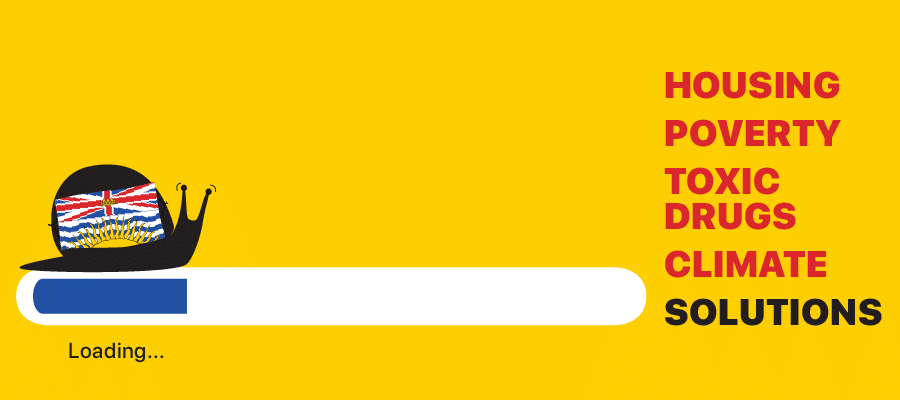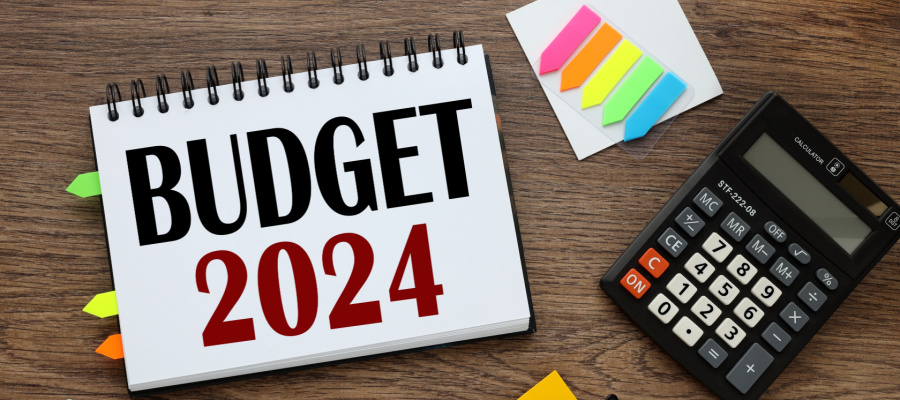Breaking free of the “balanced budget” chains
As the next provincial budget is prepared (and election platforms are written), a core reality is this: we face huge economic uncertainty, which makes forecasting very difficult. With each passing month, economists are downgrading their GDP growth forecasts, and GDP growth (or decline) is what drives provincial revenues. In the face of this uncertainty, we must choose between two risks — the risk of doing too little (avoiding a deficit at all costs), or of doing too much (even if it means running a deficit).
We should choose the latter — err on the side of assuming the worse and acting accordingly. If the economic situation ends up as the more pessimistic forecasts are predicting, then a bold fiscal stimulus can help lessen the downturn and save jobs. Conversely, if the provincial government insists on adhering to its balanced budget commitment, even in the face of a mild (or major) recession, then it will only be able to do so by cutting spending, and in so doing, will make the downturn worse.
Unfortunately, the balanced budget legislation, and each party’s current commitment to maintain a balanced budget, stands as a barrier to taking the action we should. We need politicians brave and honest enough to state what is obvious to almost all economists — we need to break free of the balanced budget chains.
Incidentally, the CCPA has been warning of the dangers of balanced budget legislation since the days of the NDP provincial government, mainly because of how it binds the hands of government in economic times just like this. Here’s what we said when the NDP introduced such legislation in 2000.
Topics: Economy, Provincial budget & finance


